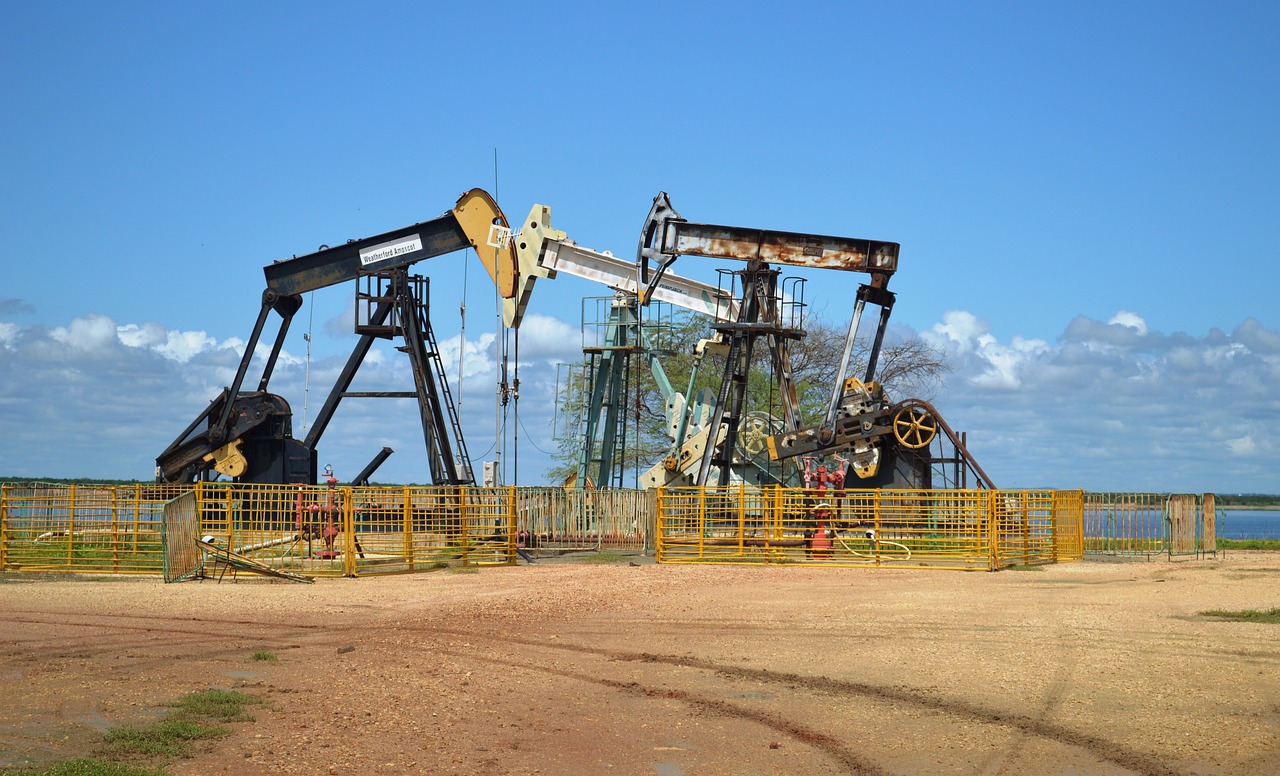News
International Oil Prices have Recently Risen to the Highest Level in Four Years
Uruguay's "Observer" published a commentator's article on the 19th, analyzing the background and impact of the recent rise in international oil prices. The main points are:International oil prices have soared since the second quarter of this year, reaching the highest price in four years at US$80 per barrel. At the end of 2016, the Organization of Petroleum Exporting Countries, led by oil giant Saudi Arabia, and other major oil-producing countries, led by Russia, reached an agreement to reduce production and raise prices in response to the abnormal decline in oil prices. In the end, oil prices rose from US$45 to US$65 and continued to do so. By the beginning of this year, several factors had caused oil prices to continue to rise.
Among them, the main reason is that in May this year, Trump announced his withdrawal from the Iran nuclear agreement reached by former President Obama and his Western allies and announced economic sanctions on Iran from June, pointing out that its oil exports have declined, and at the same time, it will not allow any Iranian Importing countries continue to buy their oil. Ultimately, its output dropped from 38 million barrels per day to 34 million barrels. China and India subsequently reduced their imports, and South Korea and France also stopped importing from Iran.
Since then, Iran has reduced the impact of sanctions by exchanging oil for Russian weapons or private middlemen, but with little success. At the end of June, Saudi Arabia, with the support of Russia, brokered an agreement to increase production by 1 million barrels per day to stabilize international oil prices. Oil-producing countries such as Mexico, Libya, and Venezuela have jointly increased their daily production by 6,000-7,000 barrels, but this is only available to Saudi Arabia, Russia, the United Arab Emirates, and Kuwait. Venezuela’s future oil production remains highly uncertain. The current daily average of 1.36 million barrels is 600,000 barrels lower than the same period last year and will continue to decrease until 800,000 barrels.
In September, Trump ordered the Organization of the International Petroleum Countries to increase production to intervene in rising oil prices to compensate for the decline in Iranian exports. Trump's main focus was the impact of oil prices in the U.S. domestic market on the November midterm elections. The organization had already stated this three months ago. The special request was rejected on the grounds of starting to increase production.
Saudi Arabia has increased its daily oil production from 10 million barrels at the beginning of the year to 10.7 million barrels. However, the recent disappearance of journalist Jamal Khashoggo has plunged its international image and oil production has been subject to political restrictions.
In addition, the lack of power in U.S. oil production in recent years is also an important factor. The current daily output of 840,000 barrels is still far from the million barrels it has been for a long time. The tightening of the world economy has led major oil-producing countries to believe that oil prices will continue to rise.

